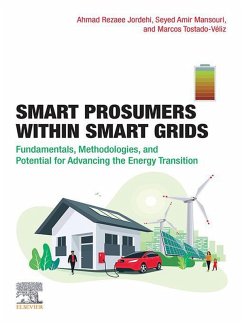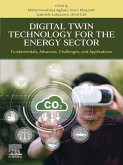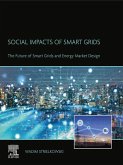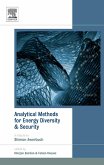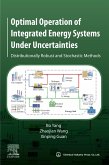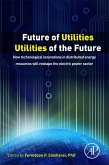Smart Prosumers within Smart Grids: Fundamentals, Methodologies, and Potential for Advancing the Energy Transition provides a primer on the technologies and opportunities of prosumer integration into smart grids. The book begins with a clear introduction to the essential concepts of both smart grids and prosumers, as well as their critical role in renewable energy integration. It then moves through a 360-degree analysis of opportunities for leveraging smart prosumer technology in the smart grid, from the micro (smart homes) to macro (smart distribution networks and interconnected smart power-gas grids).Methodologies to maximize the integration of renewable sources, including critical hydrogen technologies are considered, as well as the potential for smart prosumers to manager reliability challenges of renewable energy and constant change from the energy transition. Implications are considered across sectors, including regulatory, legal, economic, business, and transport infrastructure, and prosumer interactions with other actors such as DSOs, TSOs, retailers, and BPRs are analyzed. - Examines the essential differences between prosumers and the traditional energy consumer/producer dichotomy - Offers technical solutions to the integration of prosumers for improved reliability of renewable energy - Closely analyzes the costs and benefits of approaches and provides access to GAMS code for modeling and simulation
Dieser Download kann aus rechtlichen Gründen nur mit Rechnungsadresse in A, B, BG, CY, CZ, D, DK, EW, E, FIN, F, GR, HR, H, IRL, I, LT, L, LR, M, NL, PL, P, R, S, SLO, SK ausgeliefert werden.

